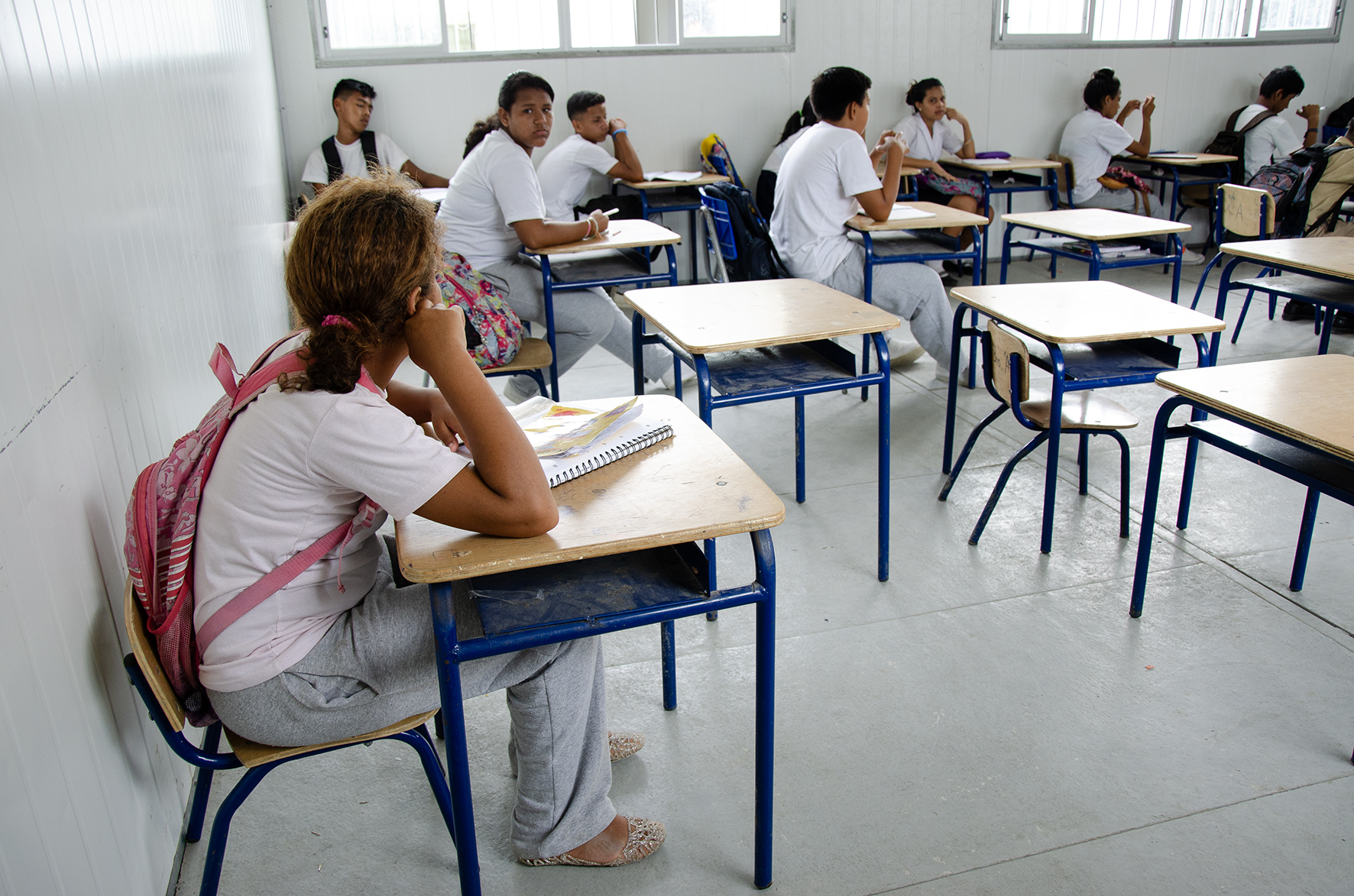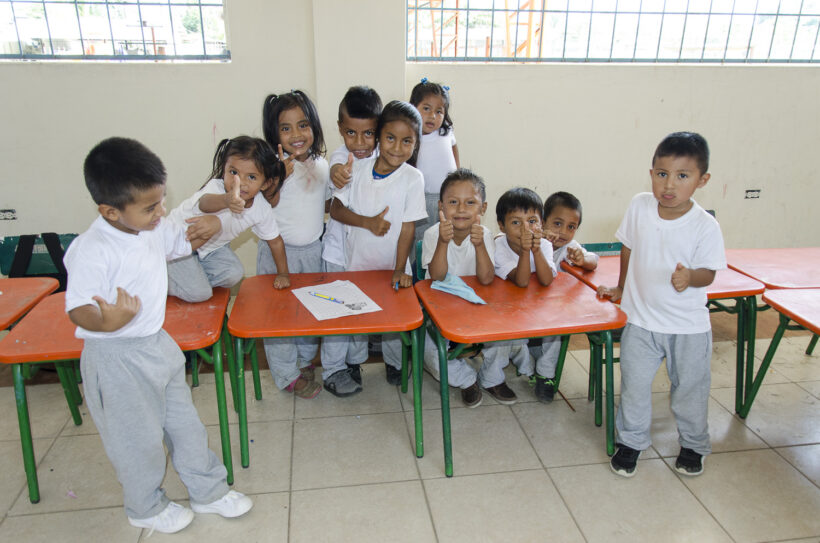The Global Campaign for Education joins the celebrations of International Education Day 2024, recognising the historic failure of States and the international community to ensure all targets of Sustainable Development Goal 4, in particular, target 7: “By 2030, ensure that all learners acquire the knowledge and skills necessary to promote sustainable development, including through education for sustainable development and sustainable livelihoods, human rights, gender equality, promotion of a culture of peace and non-violence, global citizenship, and valuing cultural diversity and the contribution of culture to sustainable development.”
The escalation of social, political and military conflicts in all regions of the world is significant and it seems that the search for peace is not at the top of the conflict resolution agenda. As a result, the lives of children and women continue to be lost, but not only, dramatically and with impunity, without significant progress, or worse, setbacks, in the search for lasting peace.
Behind many of these conflicts, geopolitical disagreements persist, but in most cases, war is also inflamed by racism, intolerance and many other violent and subtle forms of discrimination. We are convinced that lasting peace will not be achieved without justice. Justice systems must work for peace. Equally important, education systems must promote global citizenship that recognises and protects the inherent dignity and equality of human beings and the inalienable right of individuals to self-determination.

Efforts for world peace must also encompass the need to curb commercial voracity, which preys on ecosystems, and to place urgent limits on the manufacture and trade of arms, thus exposing the double standards of governments that enrich themselves through arms sales while sharing rhetorical discourse on peace.
The Global Campaign for Education believes that public awareness and political support are crucial for the introduction of peace education and human rights learning at all levels and in all forms of education, including non-formal education, adult and continuing education, teacher training and capacity building.
The contribution of civil society to the transformative education agenda must continue to be fully supported by governments, bearing in mind that the agreements reached at the Transformative Education Summit are in line with binding obligations under international human rights law.
GCE deeply regrets that education is left out of the agenda of the forthcoming Summit of the Future, as we are convinced that none of its goals can be achieved if education and lifelong learning are not decisively addressed.

Paradigms do not change by magic, much less can the course of exploitation, war and inequality that many countries continue to experience and the world to witness. Unless the international community redoubles its efforts to make education a tool for learning about human rights, respect for diversity and peace as a way of life.

The scope and approaches proposed for the Summit of the Future must include educational transformations, including the role of teachers in building lasting peace. This is the only way to ensure the construction of lasting change, because peace is not achieved by exhortation, but by example.
GCE encourages all governments and the international community to take decisive action for the full implementation of SDG 4.7 and includes civil society and teachers’ and students’ organisations to shape the urgent agenda the world needs.






